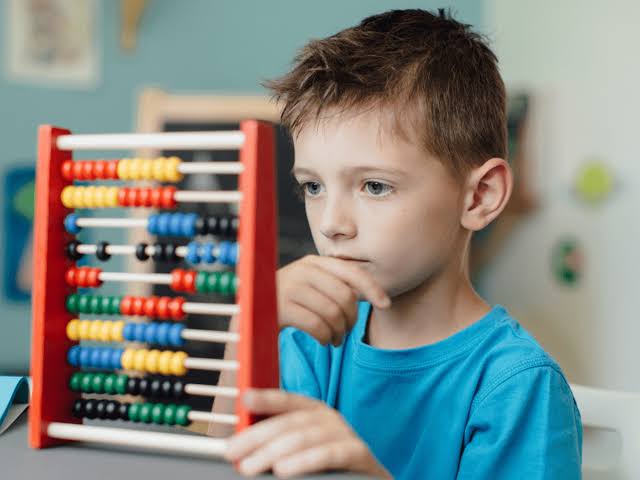Do you know that it's easier for children to capture and learn abacus than adults? Isn't it quite interesting? Let's dive into the facts behind this. In a recent research study conducted with 10 to 15 children and adults at a leading company in Japan, they delved deep into the phenomenon of why children learn abacus more easily than adults. We studied this research, and here we are sharing the insights and findings we gained through the research. Let's look into the five important reasons behind this.
- Plasticity of their brain: The research revealed that the brains of children are highly catchable and adaptable and consist of remarkable plasticity, which makes them absorb and catch new information rapidly. Their brains form new neural connections as they are still developing. This makes it easy for them to understand numbers and arithmetic. This flexibility is an important advantage when they get an abacus training.
- Playful Learning Approach: One of the key findings of our study is the children's way of approaching learning is different. They learn with a sense of curiosity, exploration, and absolute playfulness. For children, an abacus improves their imagination and creativity. They do not approach the abacus tool just as a tool for calculation. They learn abacus in a fun way, where the sensation of moving the beads feels like a different experience for them. Whereas adults may approach learning abacus mostly with a serious mind.

- Kinesthetic Learning Preference: Our research highlighted the significance of kinesthetic learning. Children learn best through hands-on experience and physical interactions. The process of moving beads on an abacus tool engages and enhances their motor skills. They are kinesthetic learners. This way of learning is greatly effective for children, as it promotes their natural and preferred learning method.
- Flexible Thinking Patterns: Another notable finding is that children have more effective flexibility in their thinking process than adults. They are not afraid to explore and experiment with different approaches to the abacus. This helps them to think outside of their comfort zone, which allows children to adapt and practice new strategies through it Whereas adults thinking may be more rigid than that of children, which may limit their ability to experiment with new strategies for using abacus to make it more effective
- Developmental Stage and Cognitive Load: The role of developmental stage and cognitive load are underscored through our research. The cognitive ability to learn abacus will be different depending on the developmental stage of the individual. Adults may have a higher cognitive load compared to children, which enhances their ability to learn new skills. children learn abacus techniques, which helps children gain benefits in learning and gaining new skills related to abacus tools as they go through developmental stages.

In conclusion, our research highlights the factors behind the fact of why children learn abacus online and offline more easily and faster than adults. Considering these factors, we will get more insights into why children learn abacus more easily than adults. Abacus provides an effective and powerful tool for improving their mathematical and problem-solving skills. These important factors help children master in abacus.